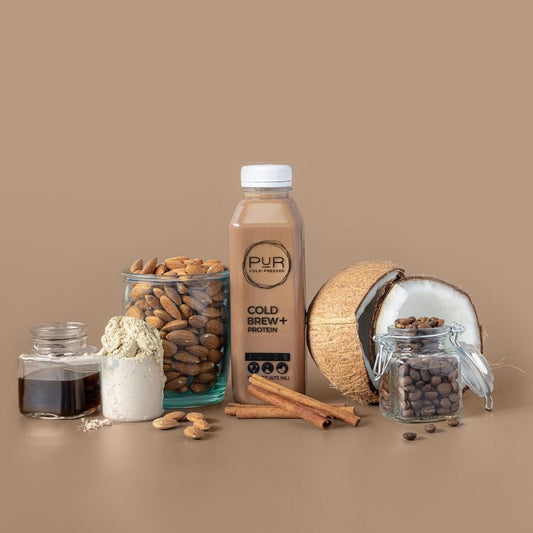We think you have undoubtedly come across the term "gut health" before, and you're probably aware that strong gut health is important. Yet, exactly, what entails a healthy gut? Well, it encompasses a healthy mix of bacteria and other microorganisms in your gastrointestinal system. Experts are learning more and more about how these microbes affect general health in recent years. Thankfully, gut health may be improved spontaneously by eating certain foods and adopting healthy lifestyle choices. Read on as we show you tips on how to improve gut health.
Exercise
Multiple aspects of the human body, along with the microbiome, benefit from motion. Studies have identified that exercise increases the variety of beneficial bacteria in the stomach in both animal and human trials.
Exercising can modify intestinal bacteria content and performance irrespective of diet, according to 2019 research. Lengthier sessions and high-intensity aerobic exercise, in particular, were found to have the greatest impact on gut bacteria distribution and efficiency in connection to overall health. They also discovered that slim persons are in a much better position to gain from exercise's gut health advantages.
Drink Less
Drinking too much alcohol might harm your microbiome. Gastritis is a condition in which the gut gets inflamed as a result of continuous liquor consumption. Heartburn, prolonged pain, and viral infections can all be caused by inflammation.
It may also alter your gut lining to become more penetrable. This implies that full food particles may pass through your stomach lining and into your circulation, triggering a chain reaction of immunological reactions, and you may find yourself unable to tolerate foodstuffs that you previously could without feeling unwell.
Manage Stress
The gut has huge amounts of neurons that can act autonomously and communicate with the brain regularly. Stress can disrupt the brain-gut connection, making aches, swelling, and other stomach problems more noticeable.
Millions of bacteria live in the gut, which may impact its health as well as the brain's, affecting the power to understand and alter emotions. Stress has been linked to changes in the gut, which can affect mood too. Thus, the neurons and bacteria of the stomach have a significant impact on the brain.
High-Fiber And Anti-Inflammatory Foods
Fiber is a carbohydrate present in plant-based foods including oats, nuts, and beans that can be classified as soluble or insoluble. Both forms of fiber aid digestion and reduce constipation, which is beneficial to gut health. Eating high-fiber meals can also help you avoid weight gain and contracting chronic diseases including heart problems, type 2 diabetes, hypertension, and some types of cancer.
In addition, anti-inflammatory foods contain ingredients that can help reduce inflammation. This can have a role in the body's natural antioxidant and anti-inflammatory processes, which may help to improve digestive health. Salmon, berries, and walnuts are all good choices to add to your diet.
To have a favorable effect on your gut, you need a variety of nutrients from a range of foods. The gut has better access to multiple essential nutrients when the diet is more diversified. Also, don't forget to stay hydrated. Water not only allows the fiber to do its work correctly in your gut but also aids in the smooth operation of your intestinal tracts.





















